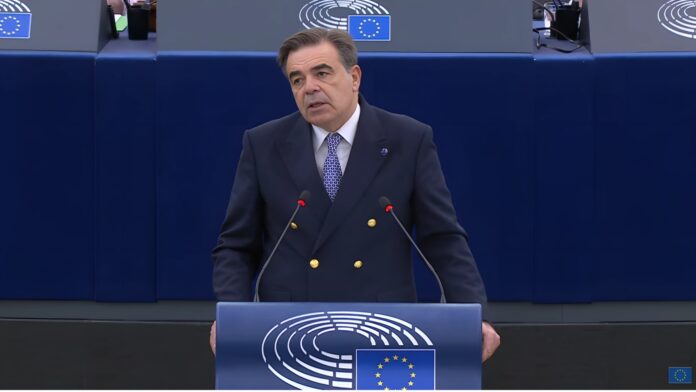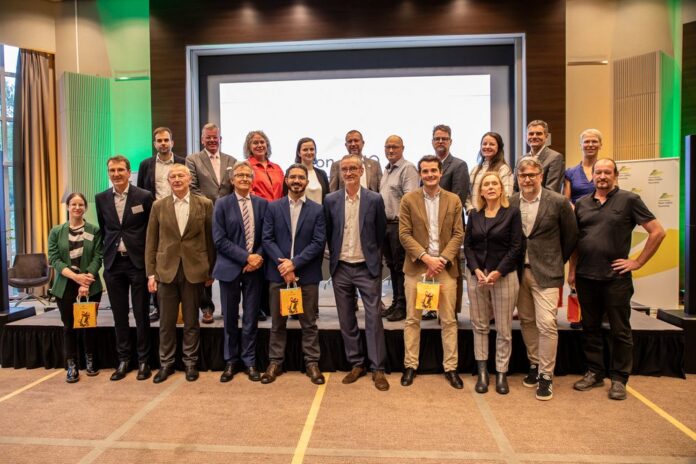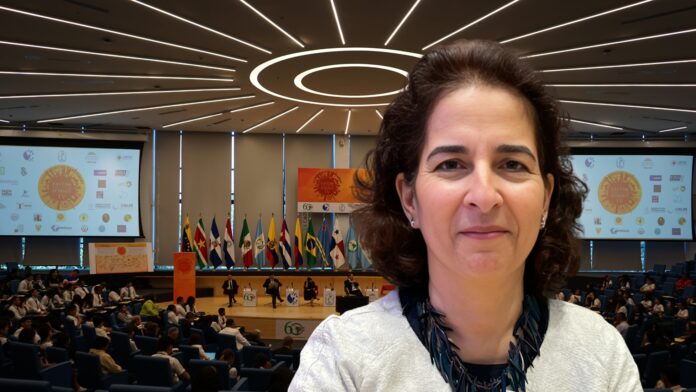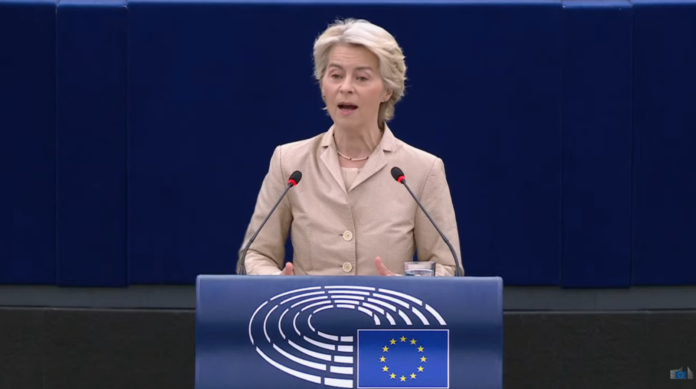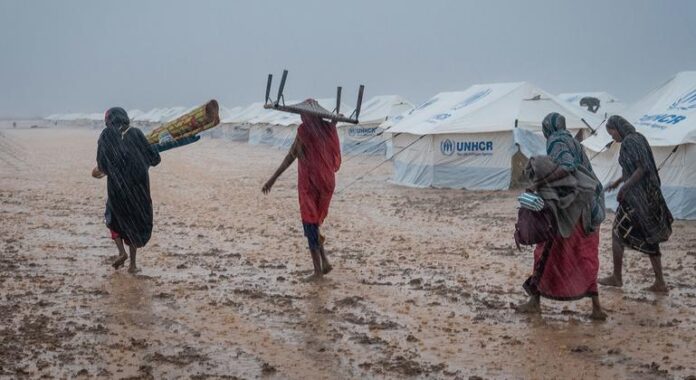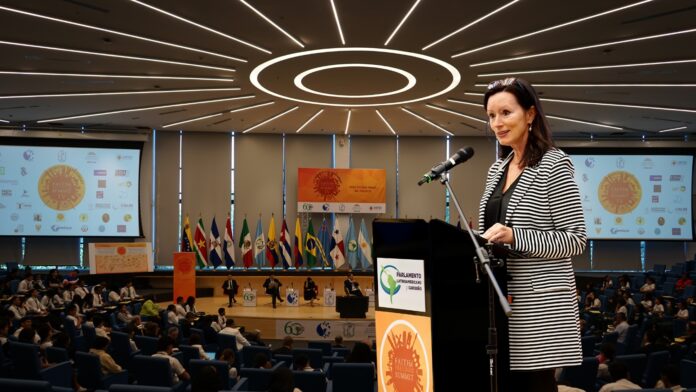In a passionate and reflective speech delivered at the European Parliament during the “how to stop the rise of religious intolerance in Europe” debate, Mr. Margaritis Schinas, Vice President of the European Commission, addressed the importance of religious freedom, tolerance, and the European way of life. His speech, rich in both historical context and forward-looking vision, called for a united European response to religious intolerance while affirming the values that define Europe today.
Schinas highlighted both the internal and external challenges facing the European Union and emphasized Europe’s commitment to human rights, freedom of religion, and the protection of democracy. However he failed to mention the lack o action and the amount of state sponsored discriminations within Europe, not just about historical religions, but specially against the new religious movements, often ostracized by the very European Commission.
A Union of Freedom and Democracy
Mr. Schinas began his address by acknowledging the importance of religious tolerance as central to what Europe stands for today. “It’s a union of freedom. It’s a union of democracy,” he declared, emphasizing the need to preserve these core values within and beyond European borders. Schinas made it clear that addressing religious intolerance in all its forms is an essential part of maintaining Europe’s identity as a beacon of democracy and freedom.
Joint Action Against Religious Intolerance
Religious intolerance remains a significant issue both within Europe and abroad. Schinas stressed the need for a united approach at the EU level, urging for collaboration among European institutions. He called for dialogue and understanding, cautioning against finger-pointing or fostering toxic divisions. “All of us work together at EU level, within the EU institutions, without pointing fingers, without cries of hatred, without toxicity, through dialogue and understanding,” he said, signaling the importance of constructive engagement in tackling this sensitive issue.
The European Commission, according to Schinas, is committed to playing a pivotal role in addressing religious intolerance by providing funding, support, and catalyzing processes that foster togetherness among Europeans.
Promoting Religious Freedom Beyond Europe’s Borders just by word
In addition to tackling issues within Europe, Schinas emphasized Europe’s moral responsibility to defend freedom of religion and belief worldwide. “We have a moral duty to stand for religious freedom,” he asserted. Europe must speak out wherever religions, including Christianity, are under threat, and where individuals are persecuted for their beliefs. To this end, Schinas announced (as if it was almost new) the appointment of Frans van Daele as the EU’s envoy for promoting and protecting religious freedom across the globe (in fact only for outside the European Union), reaffirming Europe’s commitment to championing these freedoms beyond its borders.
He shared details of van Daele’s recent missions to Jerusalem and Pakistan, noting that these efforts are critical in spreading the European message of religious tolerance and freedom across the world. However, Schinas did not mention that the status of the EU Special Envoy is not better than the one of a volunteer, with no salary, no budget and not political weight.
The European Way of Life: A Broken Mirror of Values
Schinas then turned to a theme that has defined much of his tenure as Vice President: the European way of life. Recalling his parliamentary hearing five years ago, where the European way of life was debated, Schinas underscored that this concept is not about exclusion or superiority. “The European way of life is not a bulldozer. It’s a mirror that reflects the richness, the diversity, the might, the values, the principles that unite us,” he explained.
The European way of life, as Schinas described, is a system where democracy flourishes, minorities’ rights are meant to be protected, and human rights are respected (at least by some). It is a union where women play a central role in family, society, and the workplace, where education and health systems are universal and free, and where the elderly are cared for. “We are the world champions of human rights, of data protection, and we don’t have the death penalty,” he affirmed as if no violations of these occur in the EU, noting that while pieces of this might be found elsewhere, the full picture of these values is unique to Europe.
Margaritis Schinas’ speech at the European Parliament attempted to give a powerful reminder of the values that are meant to underpin Europe’s identity: freedom, democracy, tolerance, and unity. By addressing the challenges of religious intolerance and defending religious freedoms, both within Europe and abroad, Schinas reaffirmed the EU’s commitment to upholding its core principles, even if these kind and powerful words need still to be brought to visible and efficient action. His message was clear: the European way of life is not about division or exclusion, but about inclusivity, diversity, and respect for all. This should mean not just for Christians, Jewish, Muslims and Atheists, but also for Baha’is, Hindus, Scientologists, Sikhs, Buddhists, Freemasons, Jehovah Witnesses, members of the Church of Jesus Christ of the Later Day Saints and even Pagans. As he concluded, “You can find bits and pieces of this elsewhere in the world, but all this together you will only find here, and it’s called the European way of life.“
Now, let’s see what the upcoming executives of the European Commission will have to say, and more importantly, what they will do… Will the European Commission continue to not practice what they preach?



